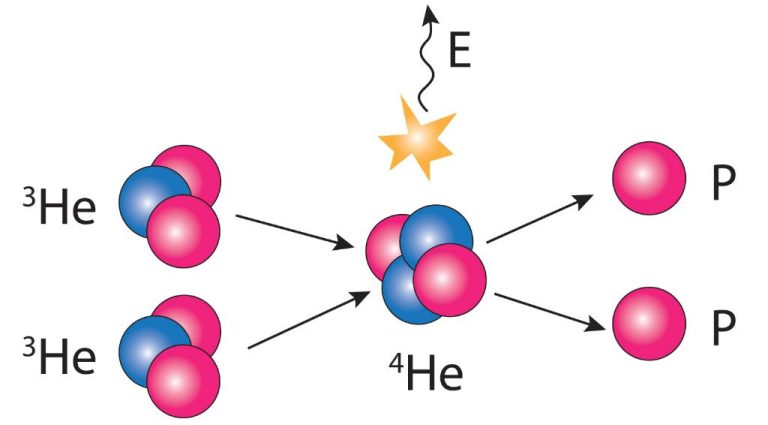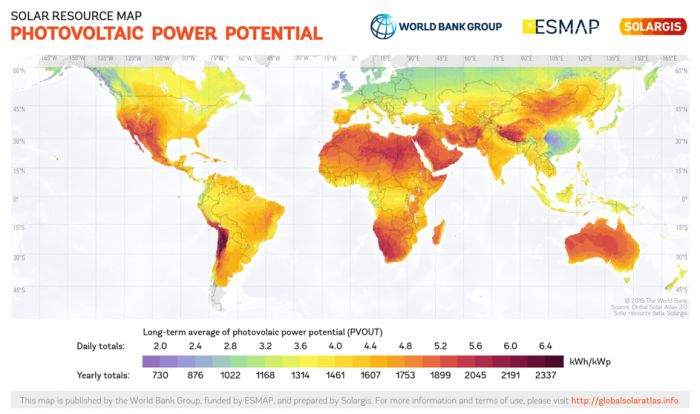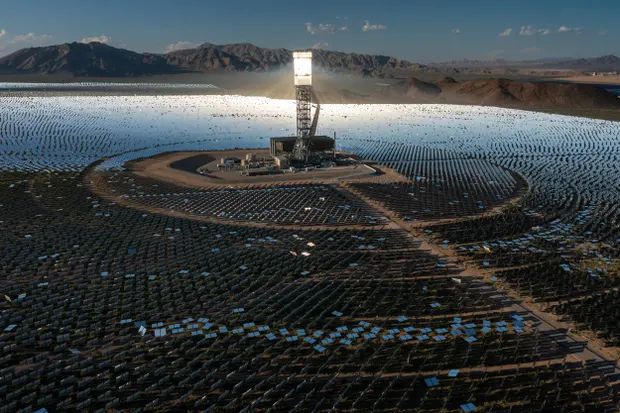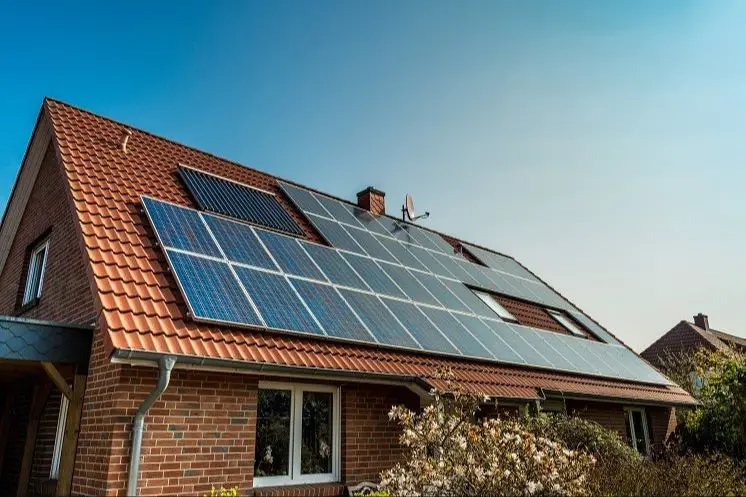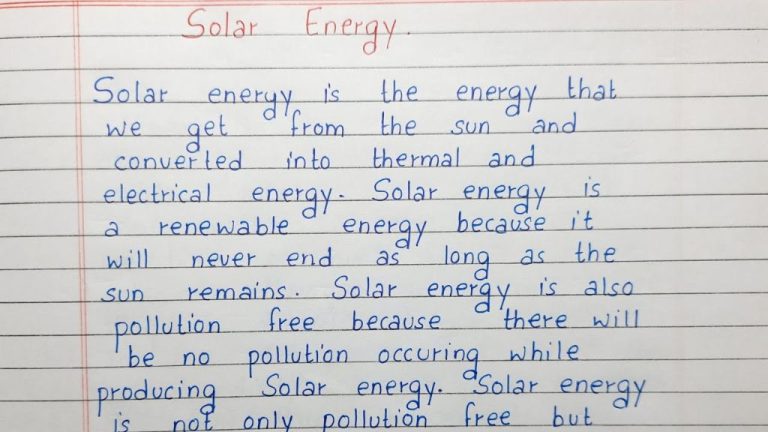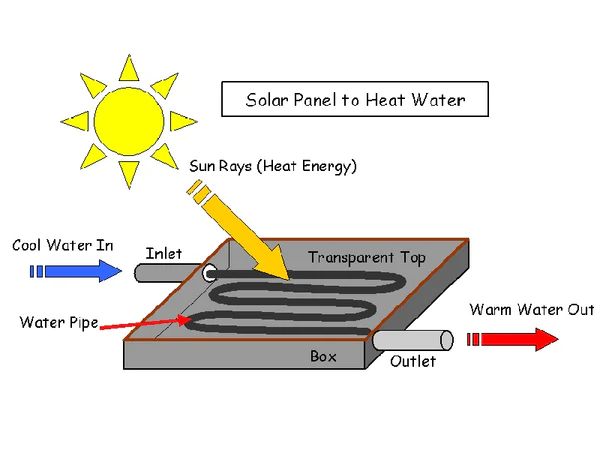Can A Licensed Electrician Install Solar Panels In Florida?
Installing solar panels has become increasingly popular for Florida homeowners and businesses looking to save on energy costs and be more environmentally friendly. With Florida’s abundant sunshine, solar power is an attractive renewable energy option. However, solar panel installation involves electrical work, which raises an important question – can a licensed electrician install solar panels in Florida?
The rules around solar panel installation depend on the type of solar energy system being installed. Broadly, there are two main options: grid-tied systems that connect a home to the electric grid, and off-grid systems that operate independently. Grid-tied systems make up the vast majority of residential solar installations. The regulations focus on ensuring these systems are safely and properly connected to the electric grid.
For both types of solar installations, only qualified individuals are permitted to do the work. Florida law outlines who can install solar panels, including licensed electricians. However, there are important limitations electricians need to be aware of.
Licensing Requirements
To legally install solar panels in Florida, proper licensing is required. There are two main licenses that pertain to solar panel installation – an electrical contractor license and a solar contractor license. Both licenses are issued by the Florida Department of Business and Professional Regulation (DBPR).
An electrical contractor license is required for any electrical work, including connecting solar panels to a home’s electrical system and wiring. To become a licensed electrical contractor in Florida, candidates must prove four years of experience as a journeyman electrician or foreman, pass two exams, and meet other requirements related to insurance and financial responsibility.
A solar contractor license, also called a Certified Solar Contractor license, is specifically required to contract solar installations in Florida. To qualify for this license, solar contractors must prove they have the necessary skills, training and experience in photovoltaic systems. They must pass a solar contractor exam administered by the DBPR. This license allows them to pull permits and complete full solar installations.
The key difference between the two licenses is that the electrical license does not allow for full solar installations. The solar contractor license provides more comprehensive permissions to legally install complete solar panel systems. Many solar contractors hold both licenses.
Electrician License
The state of Florida regulates and licenses electricians to ensure safety and competency standards. There are several types of licenses available based on experience and exam requirements.
Types of Licenses
Florida offers three main license classifications for electricians:
- Certified Electrical Contractor – Can contract electrical services independently. Requires passing an exam.
- Registered Electrical Contractor – Can contract electrical services independently but has restrictions based on experience. No exam required.
- Journeyman Electrician – Works under a master electrician. Requires passing an exam.
License Requirements
To qualify for an electrician license in Florida, applicants generally need to meet experience requirements in the form of on-the-job training hours and pass the required exams. Continuing education is also required to maintain the license.
Solar Contractor License
Florida has specific licensing requirements for solar contractors to ensure they are qualified to safely and properly install solar photovoltaic (PV) systems. The state issues two types of solar contractor licenses:
- Solar Contractor License (CVC): This allows solar contractors to install, maintain and repair solar PV systems up to 600 volts DC or less. To qualify for this license, applicants must prove competency through training, experience and exams.
- Solar Unlimited Contractor License: This license has no restriction on system voltages, allowing contractors to work on large commercial and utility-scale solar projects. Additional experience, education and exams are required compared to the basic solar contractor license.
To obtain either solar contractor license in Florida, applicants must:
- Prove relevant experience installing solar systems
- Pass competency exams administered by the state
- Carry general liability insurance
- Provide proof of workers’ compensation insurance (if applicable)
- Maintain continuing education
Licenses must be renewed every two years. Unlicensed solar work can result in fines, so properly credentialed solar contractors are essential for any Florida solar project.
Can Electricians Install Solar Panels?
The laws surrounding solar panel installation in Florida allow licensed electricians to install solar panels on residential and commercial properties in some cases. However, there are some important exceptions and restrictions to be aware of.
In general, Florida state law does not require solar contractors to have a specialty license, only a standard electrical or construction license. This means a licensed journeyman or master electrician can perform solar installations legally without obtaining any additional certification.
However, there are limitations on the scope of work electricians without solar licenses can perform. Licensed electricians in Florida are restricted to only installing the wiring and connections for a solar array. They cannot engage in solar system design, solar panel layout, procurement of components, or completing full PV system installations.
Additionally, in order to take advantage of state and federal solar incentives like tax credits, licensed electricians must partner with a contractor who holds a solar or roofing license. Solar licenses are issued by the Construction Industry Licensing Board (CILB) in Florida.
While licensed electricians have the skills to connect solar panels and integrate them with a building’s electrical system, it’s advisable for them to pursue specialty solar training and certification. This allows them to perform complete solar installations independently and provide customers with the full range of solar services.
Limitations
Although electricians can legally install solar panels in Florida, there are some limitations on the scope of work they can perform without having a solar contractor license.
One key limitation is the system size. Licensed electricians are restricted to installing solar systems that are 10kW or less for residential projects. Anything larger than 10kW would require a solar contractor license. The reasoning is that larger systems can pose greater safety risks if not properly installed and inspected.
Another limitation is that electricians cannot submit and pull permits for the full solar installation. They can pull electrical permits for their part of the job, such as connecting to the home’s electrical panel and wiring. But the overall system design, layout, and structural components like racking and mounts require permits from a licensed solar contractor.
Additionally, electricians are limited in the scope of work they can perform. While they can do electrical tasks like wiring the panels, connecting to the inverter, and tying into the home’s electrical panel, they cannot do the physical installation of panels, design the system layout, assess the home’s structural capacity, or install racking and mounting equipment.
So in summary, licensed electricians can do electrical work related to connecting and activating solar panels in Florida, but cannot perform the full scope of solar installation work without the proper contractor licenses.
Liability & Insurance
When it comes to liability, improperly installed solar panels can lead to major issues down the road. Faulty wiring, damaged roofs, and other problems stemming from poor workmanship can create safety hazards and result in costly repairs. That’s why liability insurance is crucial for any electrician looking to expand into solar installations.
In Florida, there are no statewide laws mandating liability insurance for solar contractors specifically. However, most homeowners and businesses will require proof of adequate coverage from their installer. General liability insurance protects electricians in the event of property damage, bodily injury claims, or solar panel defects and failures.
Electricians who plan to pull solar permits and act as prime contractors will need a minimum $500,000 in general liability coverage. Those working under a licensed solar contractor can get by with less coverage, but at least $100,000 is recommended. Products and completed operations coverage is also advised to account for issues arising after the solar panels are operational. Reputable insurance providers can tailor policies to the unique risks of solar installations.
To avoid liability pitfalls, electricians should be diligent about following manufacturer installation guidelines and obtaining all required permits and inspections. With the proper precautions and adequate insurance, electrical professionals can reduce their risks when expanding into solar energy systems.
Permitting
Solar panel installations in Florida require permits from local building and inspection departments. The purpose of permitting is to ensure the system meets all relevant codes and regulations.
Licensed electricians must pull permits for any electrical work they perform, including solar installations. The permitting process will be the same whether the solar contractor or electrician pulls the permit.
The steps for getting a solar permit approved typically include:
- Submitting permit application and fees
- Providing system plans and specifications
- Scheduling required inspections
- Making any necessary corrections
- Receiving final permit approval
Electricians who want to install solar panels must follow the standard permitting procedures in their jurisdiction. The building department will inspect their work to verify code compliance, just like any other permitted electrical job.
Incentives
There are several incentives available for installing solar panels in Florida that can help reduce overall costs. The main solar incentive is the federal solar tax credit, which allows homeowners to deduct 26% of the cost of installing a solar energy system from their federal taxes. This tax credit applies for both homeowners and businesses. Florida also has a property tax exemption where the added value of a solar installation is not included in property tax assessments. This helps lower property tax bills for homeowners with solar panels. Additionally, some local governments and utilities offer rebates or other incentives for going solar. Generally the incentives do not differ based on whether the installation was done by an electrician or a licensed solar contractor. The key requirements are that the solar installation company holds the necessary licenses and that the components qualify for the incentives. Doing research on the latest state and federal solar incentives can help electricians and homeowners maximize the cost savings.
Conclusion
To conclude, licensed electricians in Florida cannot legally install solar panels in most cases. While they have the technical skills and expertise required for solar panel installation, additional licensing as a solar or PV contractor is typically needed to meet state and local regulations.
That said, limited exceptions may exist for an electrician to do minor solar work under an electrical permit on a residential property they own, depending on the county and scope. Overall, it is recommended that Florida electricians pursue proper solar licensing and training if they want to regularly perform solar installations. This allows them to legally market solar services and apply for required permits.
The key takeaways are:
- Florida requires a state solar or PV contractor license to install solar panels
- Licensed electricians cannot legally install solar systems without this additional license
- Minor exceptions may exist for electricians doing work on their own residential property
- Electricians should get trained and licensed as solar contractors to regularly perform installations
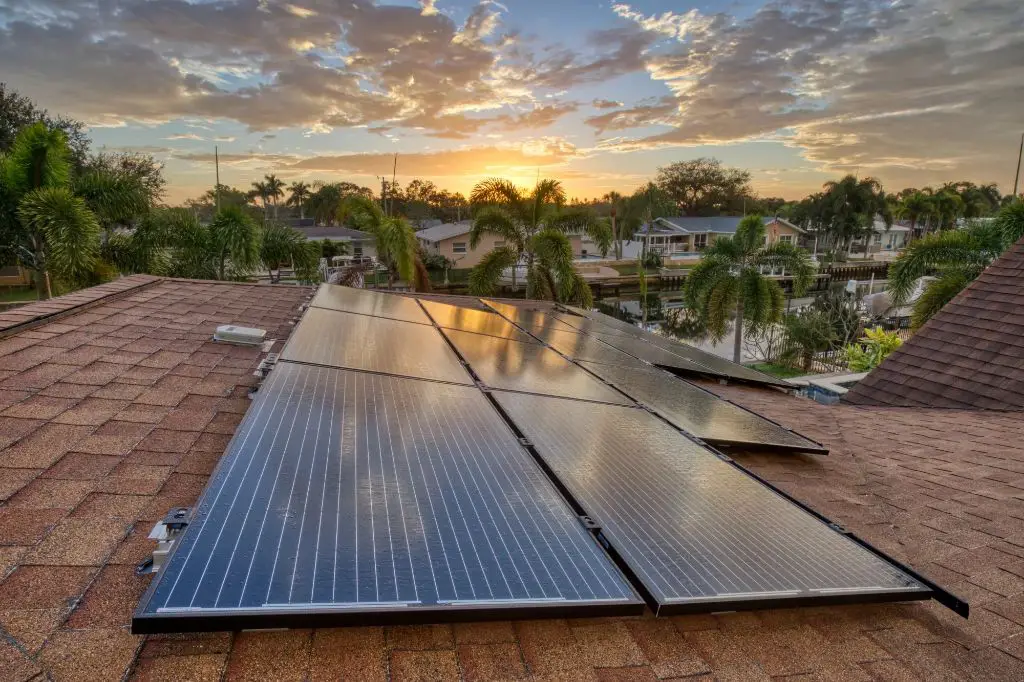
By obtaining proper licensing, electricians can leverage their electrical expertise to safely install solar panels and expand their business in this growing renewable energy field.

